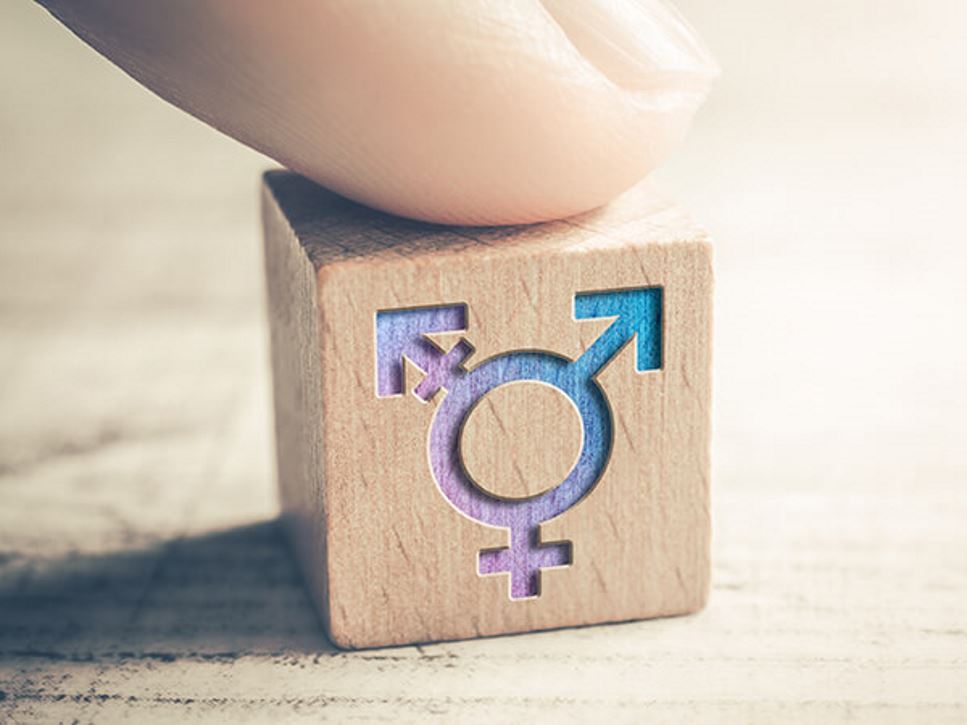Everyone has a sex assigned at birth (generally female or male) based on biological factors such as genitalia and chromosomes. Gender identity refers to a person’s inner sense of being male, female, both or possessing no gender at all. And gender expression is how a person expresses their gender identity through aspects such as clothing choices, hair style and other physical traits or social expression including their name or pronouns.
Transgender (or “trans”) describes someone who does not identify with their sex assigned at birth — such as a man or boy who was assigned female at birth, or a woman or girl who was assigned male at birth.
There are some important considerations for informed nutrition care for transgender individuals. These may vary depending on if an individual is undergoing hormone therapy.
If an individual is not on hormone therapy, due to differences in lean body composition between biological males and females, it's generally advised to follow nutrition recommendations for one’s biological sex (whatever they were assigned at birth regardless of gender expression) to meet energy and protein needs, as well as other nutrients.
For biological females, this might mean paying special attention to nutrients such as iron and folate (or folic acid) at reproductive ages. Biological males generally need more calories than biological females and have different recommendations for certain nutrients, such as potassium and magnesium, during adolescence and adulthood.
These are general examples, but everyone’s body is unique. A registered dietitian nutritionist with knowledge and experience specific to transgender health can make all the difference in getting expert nutrition information tailored just for you.
References
Find a Nutrition Expert
Looking for credible nutrition information and recommendations? The Academy of Nutrition and Dietetics' network of credentialed food and nutrition practitioners are ready to help!

